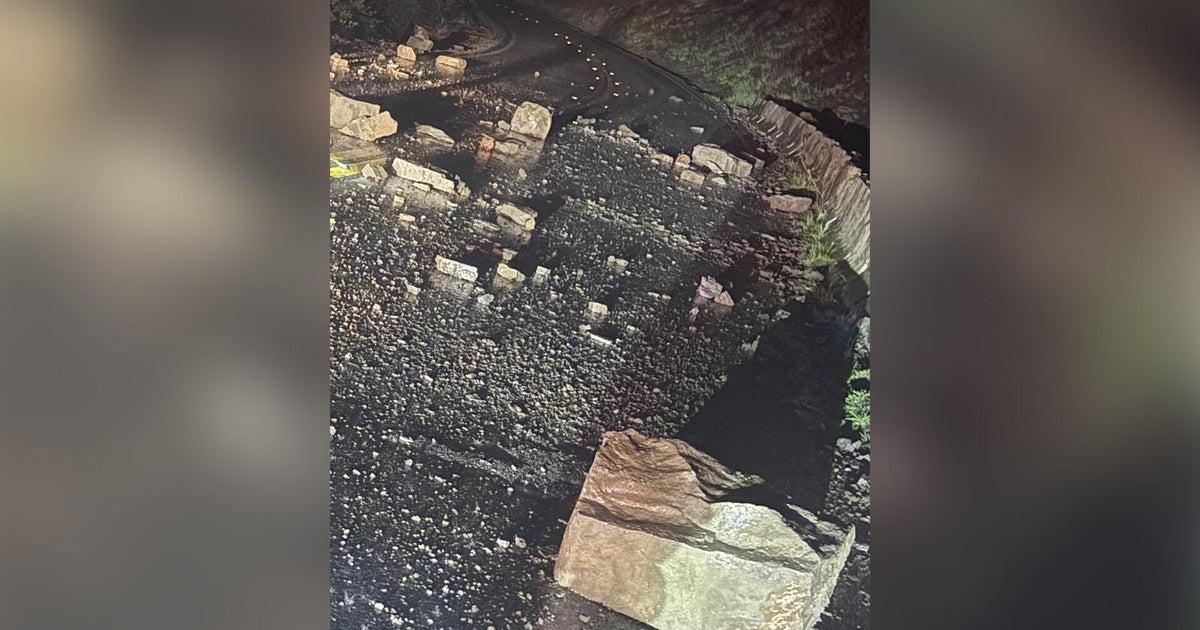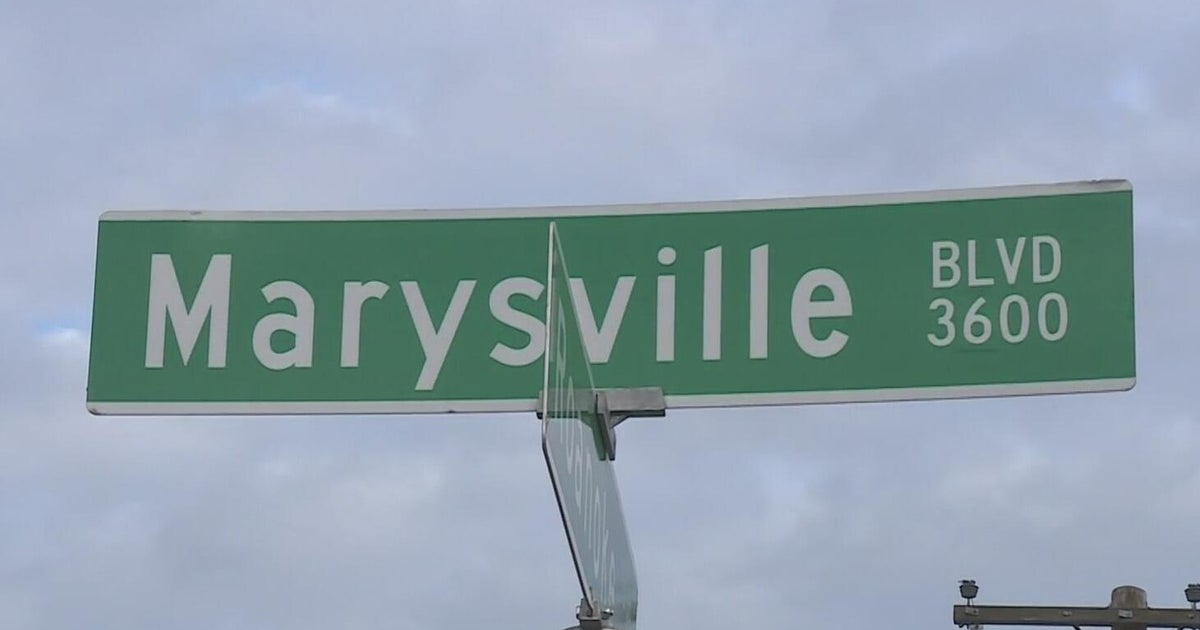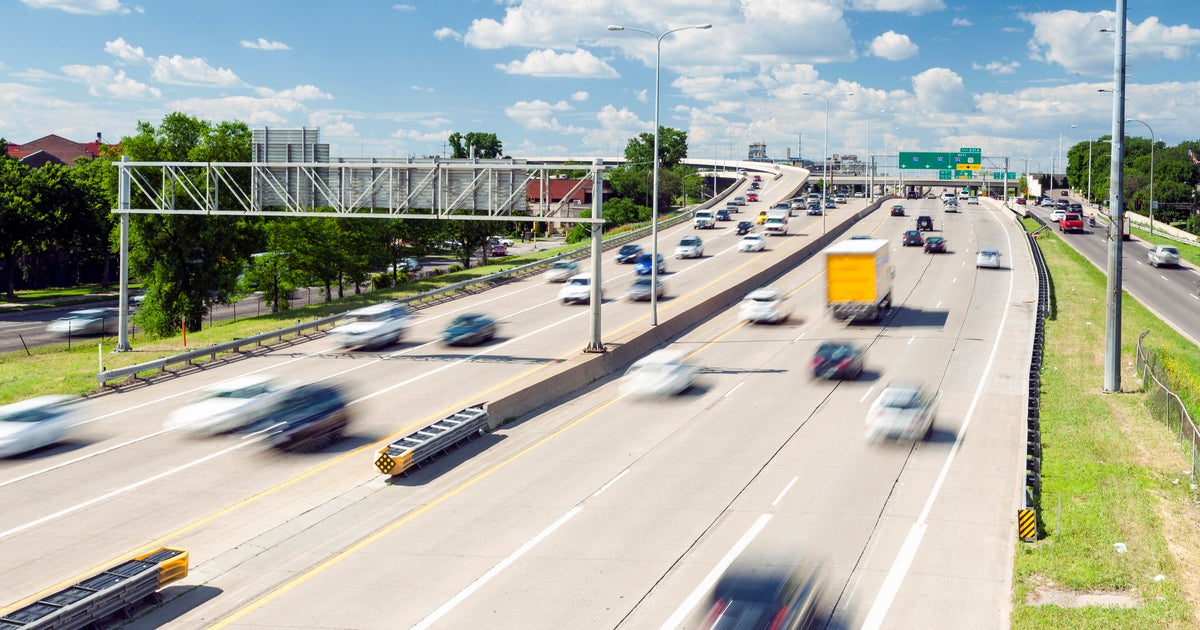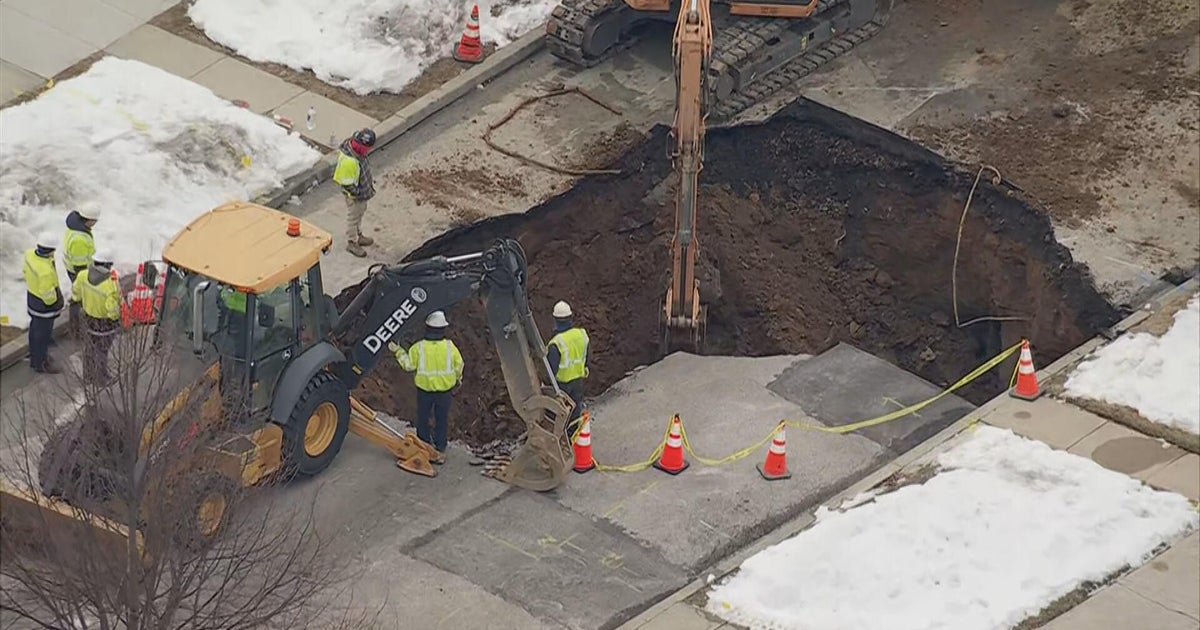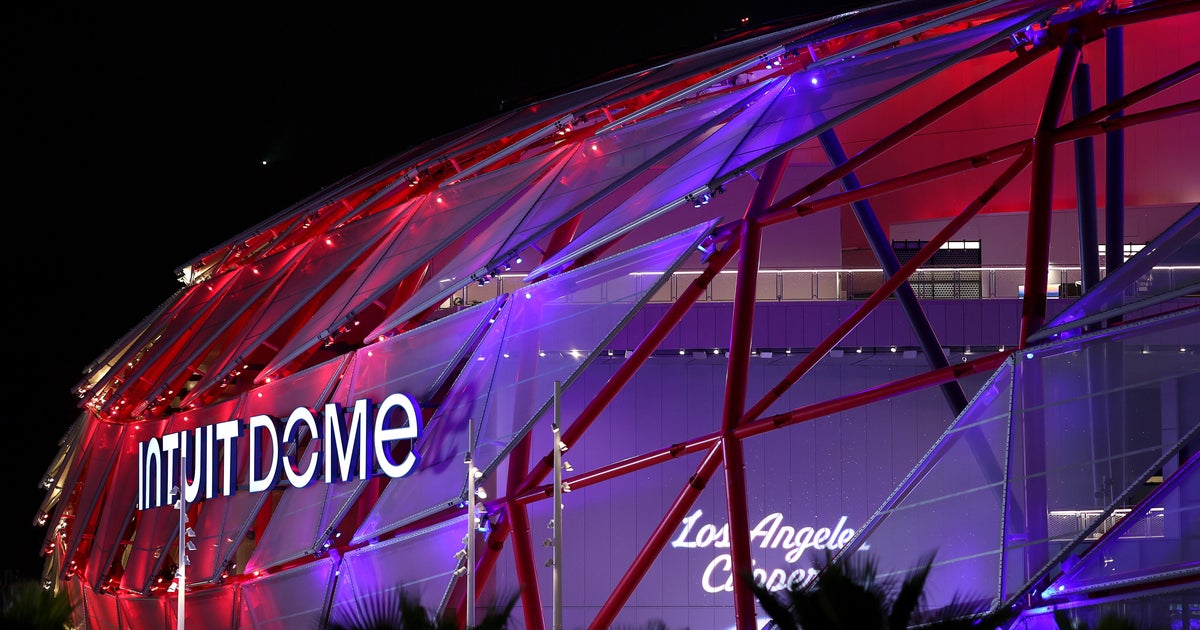Crosswalk Safety Feature Is Hazardous, Critics Claim
PALO ALTO (KPIX 5) -- A crosswalk feature designed to help the visually-impaired is being scrutinized after a man says he needed surgery after falling down and breaking his leg because of it.
Keith Bruner says he fell after tripping on the raised buttons at the corner of Urban Lane and Encina Avenue in Palo Alto and is now considering legal action.
It's been a painful two months of recovery for Bruner, who remembers every excruciating detail of that fateful morning like it was yesterday.
He was headed to work, and the yellow bumps - so-called truncated domes - were wet and slippery.
"With a brisk walk, I planted my foot here, as that happened, it slid, and as I was trying to turn out of it, it planted," said Bruner. "My leg went one way and then my body went the other way. And that's when it snapped."
The X-ray showed a clean break to the tibia, and a fracture to the fibia. Doctors inserted a titanium rod and Bruner was bedridden for weeks.
"I was in extreme pain, in fact I was screaming at the top of my lungs," said Bruner.
He places the blame squarely on those slippery yellow domes, which are designed to give visually-impaired people a warning that they're leaving the sidewalk and entering an intersection.
The federal government has been testing and refining them for decades. Finally in 2010, they were required by federal law under the Americans with Disabilities Act.
"I guess these are designed to help disabled people but, at least in my case it actually caused a disability," said Bruner.
Keven Moore, a risk management director at a Kentucky-based insurance firm, is a vocal critic of the domes. "You've got to make sure you didn't create a bigger hazard," said Moore. "And in this case, I believe they have."
Moore says they're especially a problem for the elderly who have balance problems, those who use wheelchairs and canes, and women in high heels.
Property owners and local governments don't have much choice on the matter since the domes are federal law.
"It took decades to get ADA requirements put into place, and then the changes took another decade for these truncated domes," said Moore. "So it won't happen overnight. If enough people complain, then we may start to see some change."
As for Bruner, he's in rehab now and hopes to make a full recovery by the end of summer. He has filed a claim with the city of Palo Alto and is exploring his legal options now.
"In my opinion, this causes more problems than good, and I think it's going to a problem that needs to be addressed soon," said Bruner.
The city of Palo Alto says its hands are tied since the truncated domes are required by federal law. Officials had no comment on Bruner's claim.

